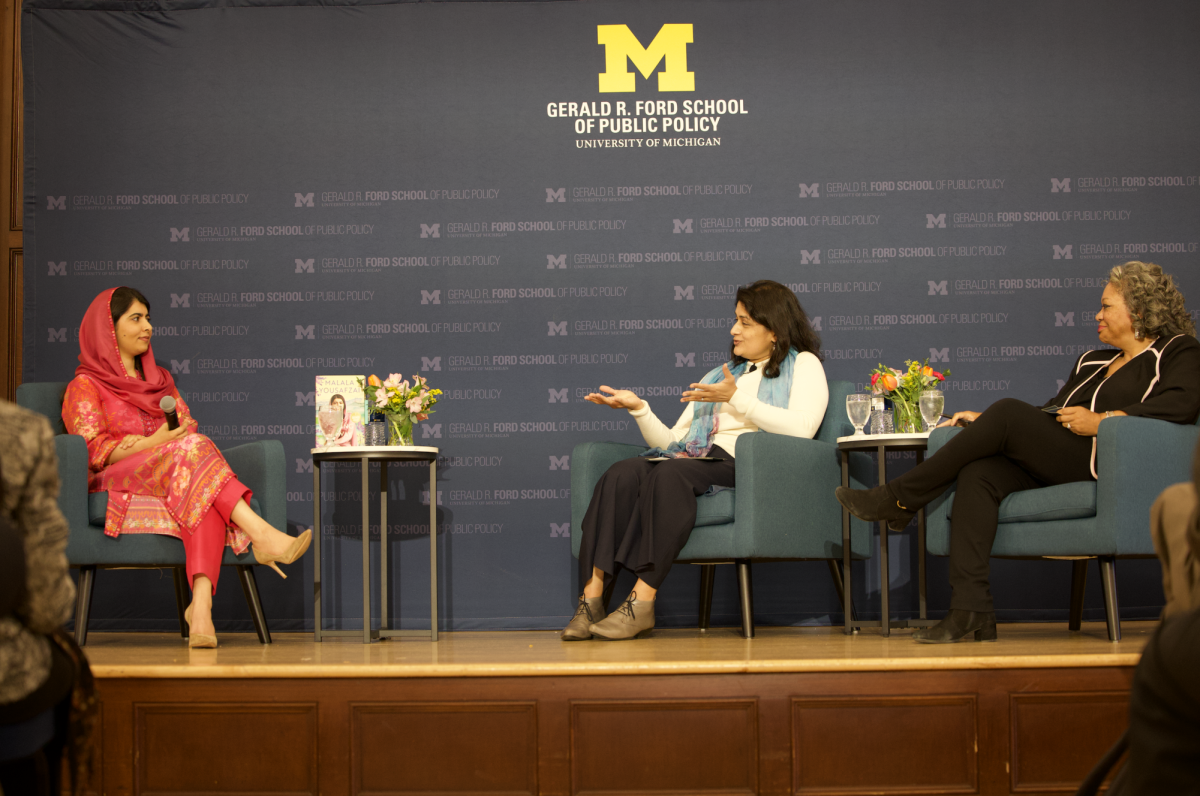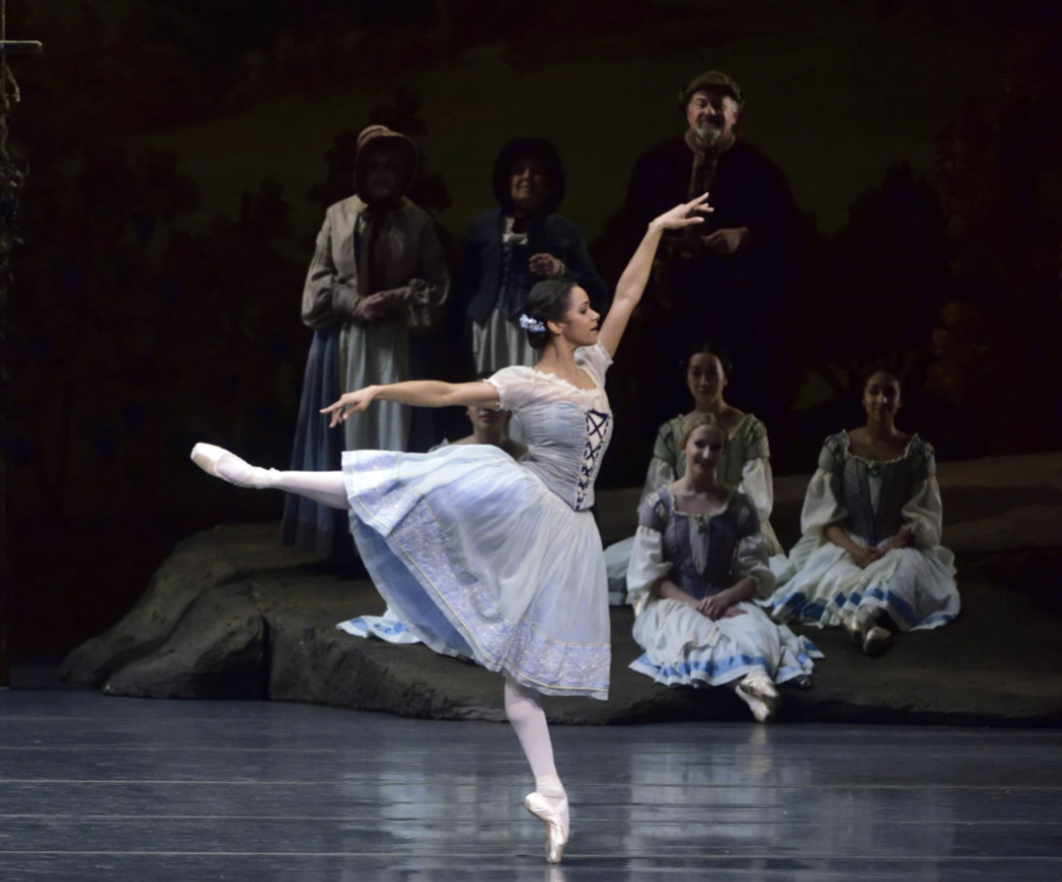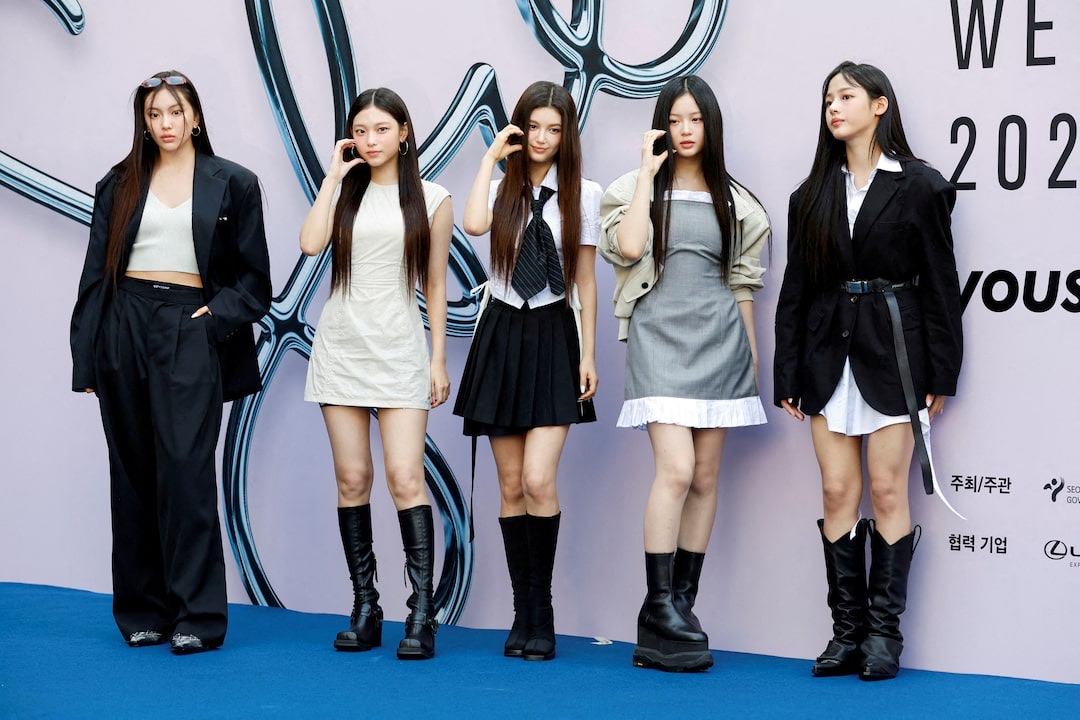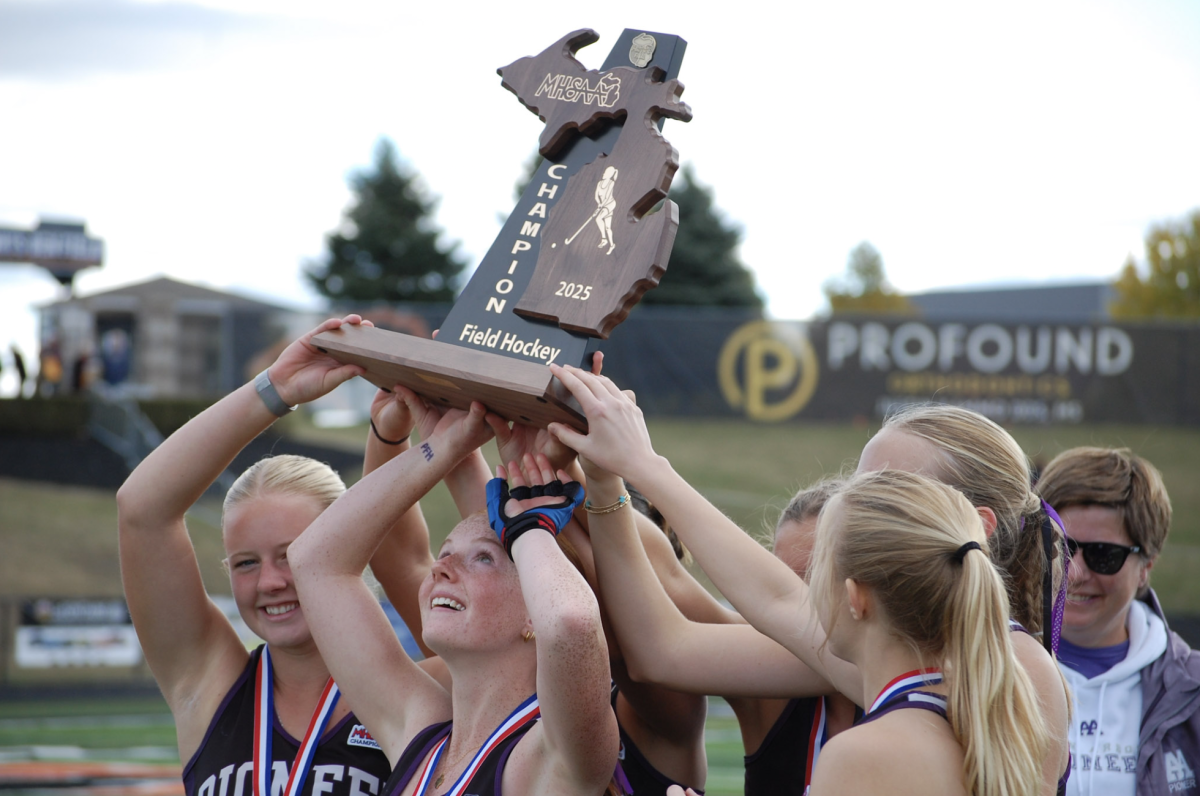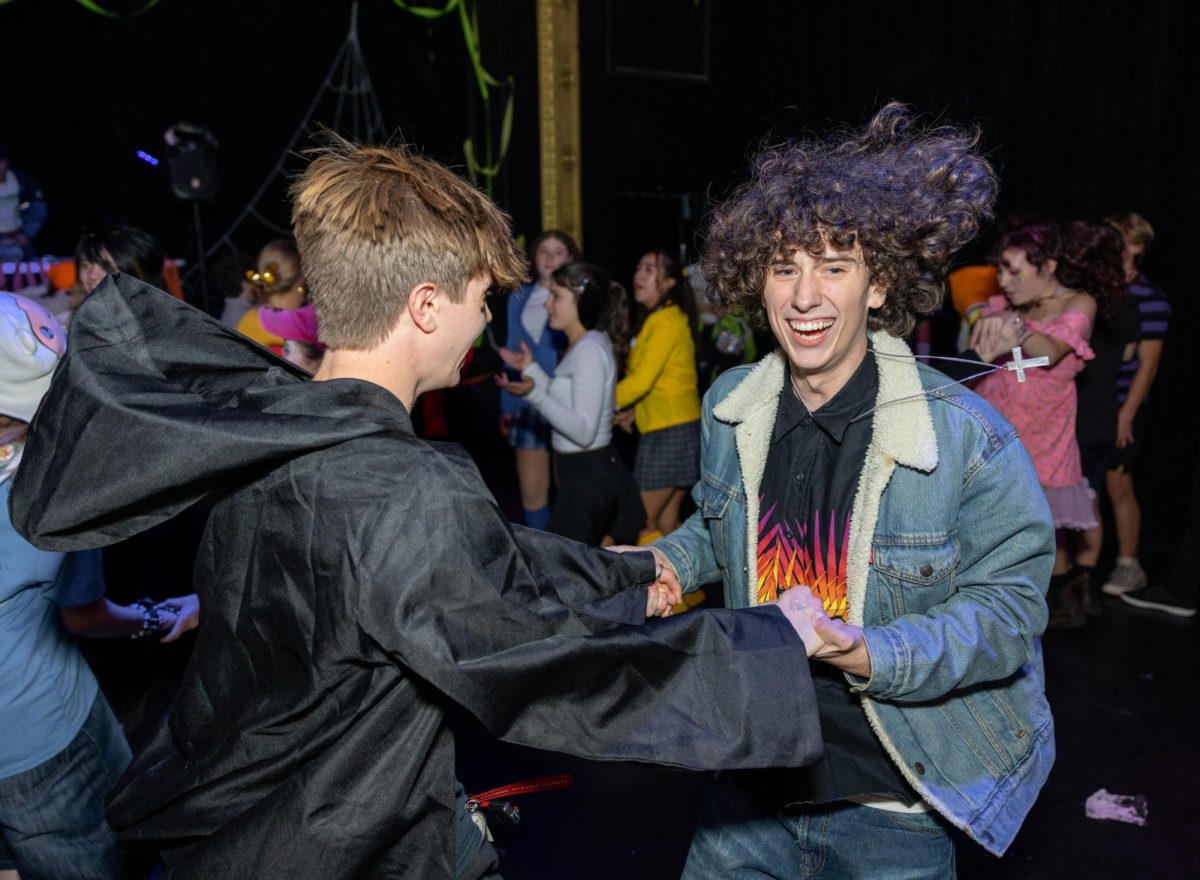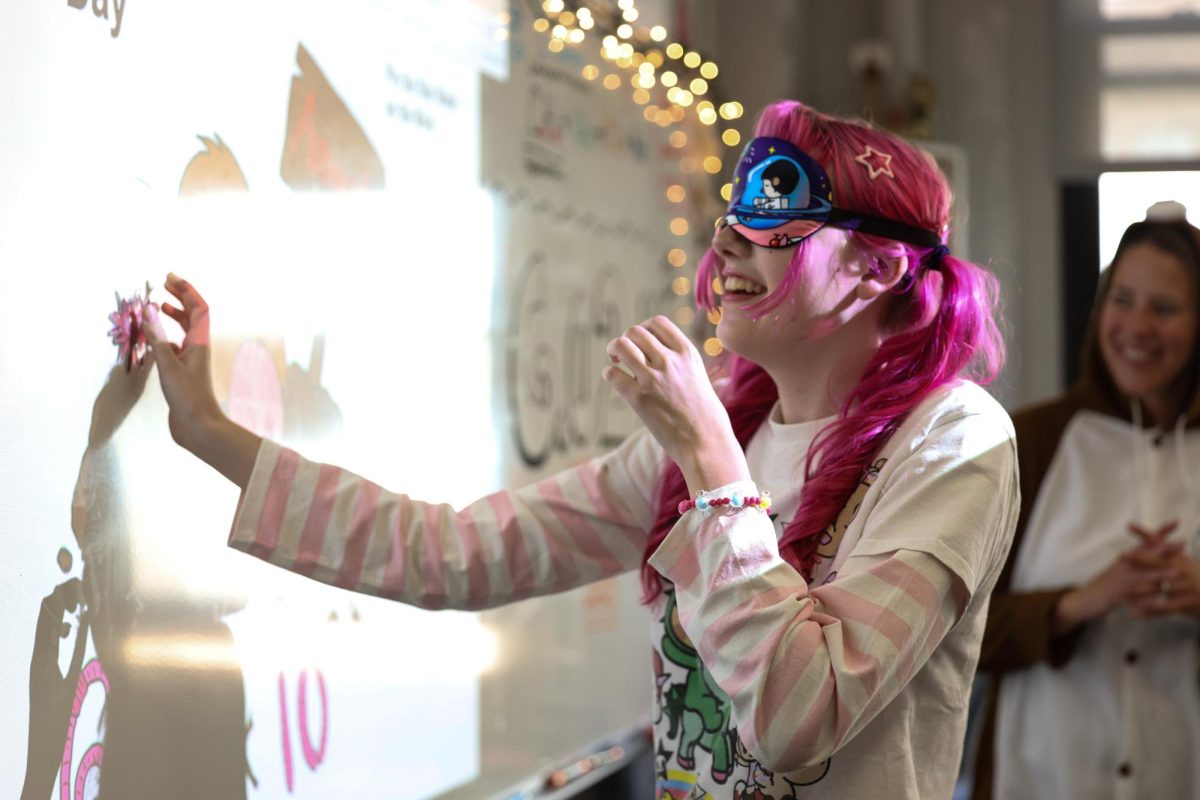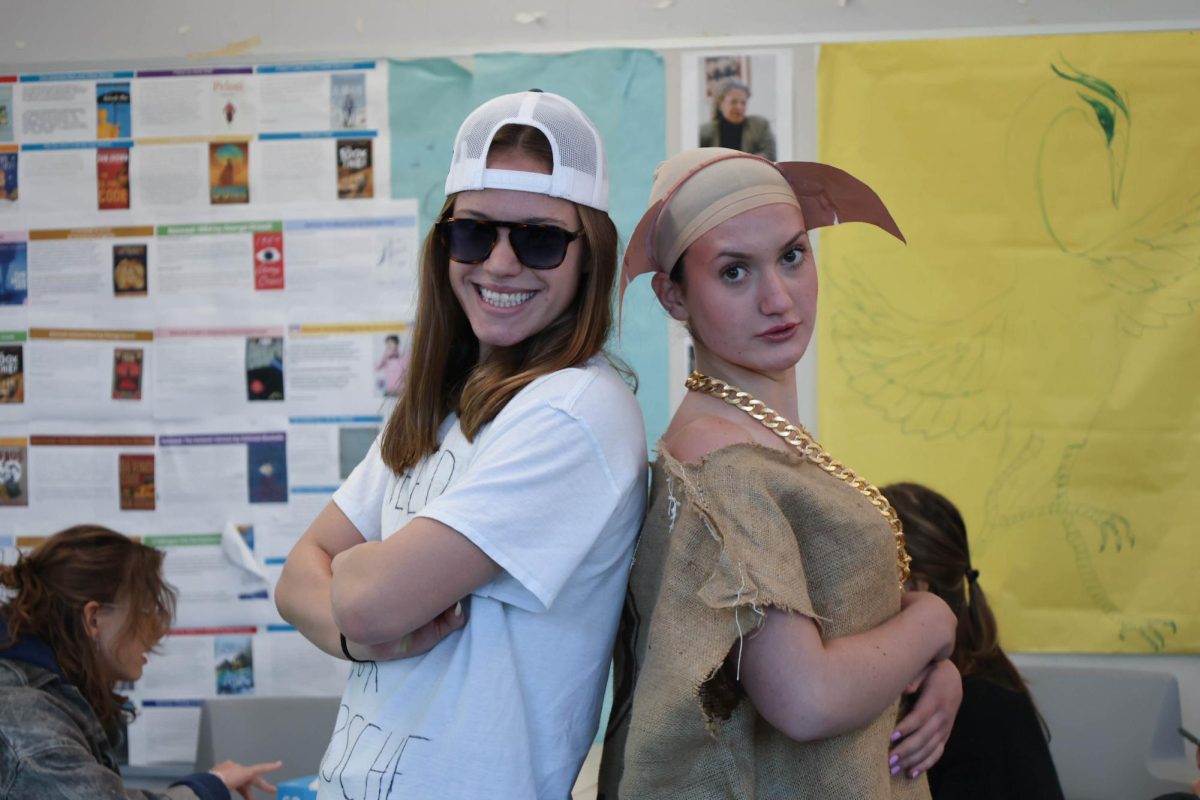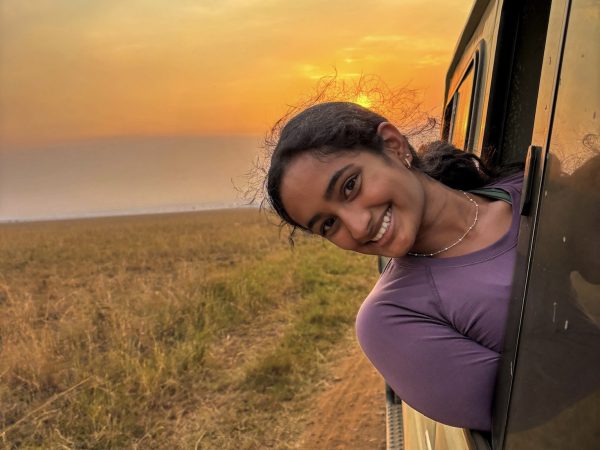Few people are known by their first name. Malala’s one of them.
Malala Yousafzai is an activist for female education and the youngest-ever Nobel Peace Prize laureate, having received the award at the age of 17.
Yousafzai spoke at the Michigan Union on Oct. 24, 2025. Organized by the Gerald R. Ford School of Public Policy, the event highlighted segments from Yousafzai’s new book, “Finding My Way: A Memoir,” as well as her thoughts on activism in our current world.
“It’s important for us to be more scared of the injustices than being scared of speaking out,” Yousafzai said during the event. “We have to do something for us to see change. Stay silent, and nothing will change.”
Born in Pakistan, Yousafzai’s story is famous: at 15 years old, she publicly opposed the Taliban’s ban on girls’ education, which led to an assassination attempt by a gunman on her school bus. She survived the attack and continued her advocacy, becoming an international symbol for the fight for children’s rights and education.
“I never had any fear against the Taliban,” Yousafzai said. “I was not scared of them trying to harm me, but I was more scared of them harming the future of us. I was more scared of living under them, where girls have no rights in our country.”
One year after that attack, Yousafzai and her father, Ziauddin Yousafzai, created the Malala Fund, an organization that advocates and ensures that every girl has access to 12 years of quality education. The fund challenges policies that prevent young girls from earning an education.
At the Michigan Union, Yousafzai was joined in conversation with ambassador Susan D. Page, the director of the Weiser Diplomacy Center at the Ford School of Public Policy, and Madhumita Lahiri, associate professor in the Department of English Language and Literature and former Director of the Center for South Asian Studies.
Yousafzai wanted to tell the world her true story with her memoir— not one that is glamorized or misleading. Her book provides a personal insight into her journey as a world leader and college student studying at the University of Oxford. It details her struggles with self-discovery as she tried to navigate a “normal life” after surviving the Taliban attack and becoming a globally recognized activist.
Sometimes, she thinks the world hears stories about activists that are simplified. That they are resilient and strong people who have no fear. However, Yousafzai is working towards correcting that misconception.
She started her activism journey as a single voice at 15. Now, at 28, she’s not alone. Over the years, she’s come to realize that no single action or accomplishment will change the system.
“Change in the world is not as easy as I thought it would be,” Yousafzai said. “It doesn’t mean that I have given up. It just means I am more committed to [activism] now.”
She invests in collective advocacy, believing that’s the powerful driver of change. In the current state of our world, Yousafzai urges us to reach out to our government representatives to raise awareness on these issues. She acknowledges that every country and every government system works differently, but the best way to make change happen is to work together, from the community level up.
“It has to be locally led,” Yousafzai said. “The local education activists know the problems best, and they also know the solutions to those problems best.
Awareness is important for any fight. Yousafzai wants to strengthen local communities, thereby broadening activism across the country.
“That can help us see change,” Yousafzai said. “It’s important for us to step up toward justice because what we are witnessing right now is scary when we look at the sufferings of people, when we look at the injustices that are happening in our community or far away from us.”



